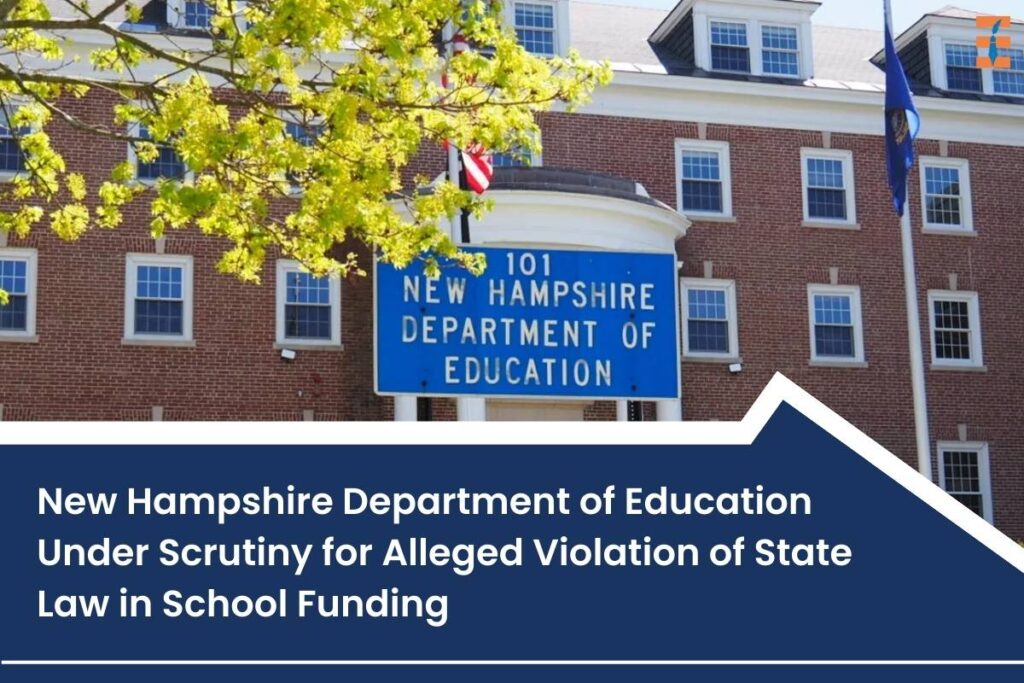New Hampshire’s ongoing battle over state school funding has reached a critical juncture as concerns mount over potential violations of state law by the New Hampshire Department of Education. Despite the state Constitution mandating adequate education funding for all children, New Hampshire consistently ranks lowest in state funding for public schools nationwide, relying heavily on local property taxes.
The controversy centers on the Department of Education’s proposed revisions to minimum standards for public schools, a process undertaken every decade. Critics, including lawyers and educators, argue that these revisions would further reduce funding for education and shift more financial responsibility to local taxpayers, contrary to court rulings and statutory obligations.
One of the central figures in this debate is Andru Volinsky, a lead lawyer in the landmark Claremont case. The case, dating back to the late 20th century, saw the New Hampshire Supreme Court rule that the state’s school funding was unconstitutionally low and ordered adequate state funding for public schools.
Volinsky raised concerns about the Department of Education exceeding its authority by proposing regulations that conflict with state statutes. He emphasized the importance of adherence to existing laws, especially in light of previous court decisions.
David Trumble, a retired lawyer and former legislative candidate, echoed these sentiments before the State Board of Education on April 3. Trumble highlighted a specific state law, RSA 193-E, which outlines criteria for demonstrating adequate education through “input” and “output” accountability measures.
Weakening Education Standards & Funding
Trumble explained that while the law previously required either input or output accountability, a 2018 amendment now mandates both. The proposed revisions to minimum standards, according to Trumble, weaken input-based accountability measures crucial for ensuring a quality education, including teacher qualifications, classroom sizes, and program requirements.
Key changes in the proposed standards cited by Trumble include the removal of maximum classroom size limits, relaxation of teacher certification requirements for certain subjects, and shifting mandatory program elements to optional status, thus diminishing state funding obligations.
Trumble emphasized that such alterations undermine the legislative intent of RSA 193-E and the principles established in court rulings, notably from the Claremont case and subsequent decisions.
The debate extends to the language used in the revisions, notably the shift from “shall” to “may,” which critics argue alters the mandatory nature of certain provisions, effectively sidestepping legal obligations.
Education Innovation vs. Legal Compliance in NH
In response to these criticisms, representatives from the Department of Education have defended the proposed revisions as necessary updates reflecting evolving educational needs. They maintain that the changes align with broader educational goals and grant schools more flexibility in meeting performance standards.
However, opponents remain steadfast in their assertion that these revisions represent a departure from established legal frameworks, potentially leading to prolonged legal battles reminiscent of past school funding disputes.
As stakeholders on both sides prepare for further deliberations and potential legal challenges, the fate of education funding in New Hampshire hangs in the balance. The outcome will not only impact current and future students but also shape the state’s educational landscape for years to come, highlighting the intricate interplay between legal mandates, educational policy, and fiscal responsibilities.
Also Read: House Education Committee Advances School Funding and Teacher Pay Bills










